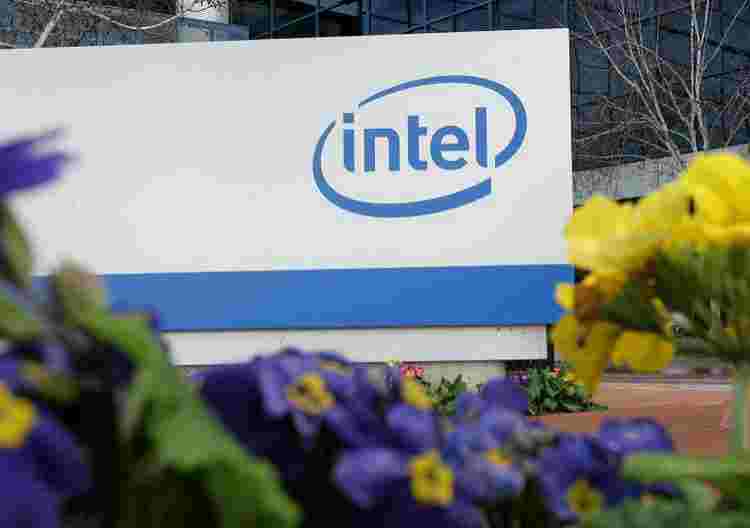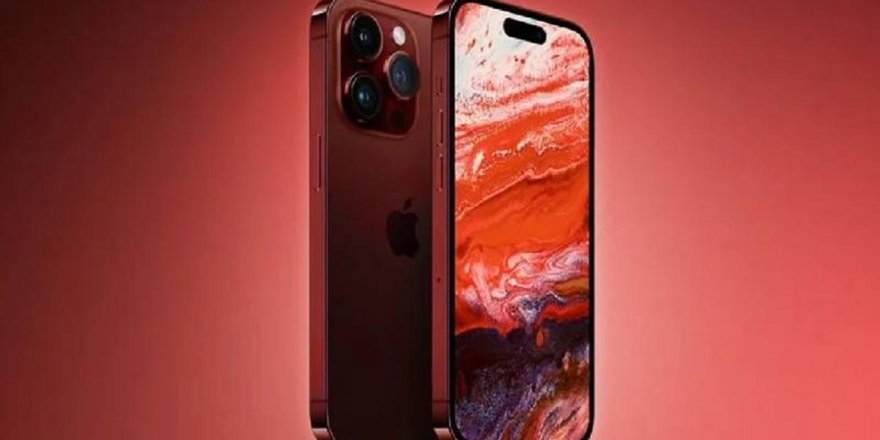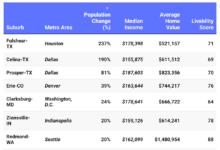Apple is introducing an impressive new iPhone feature designed to significantly reduce the stress of driving
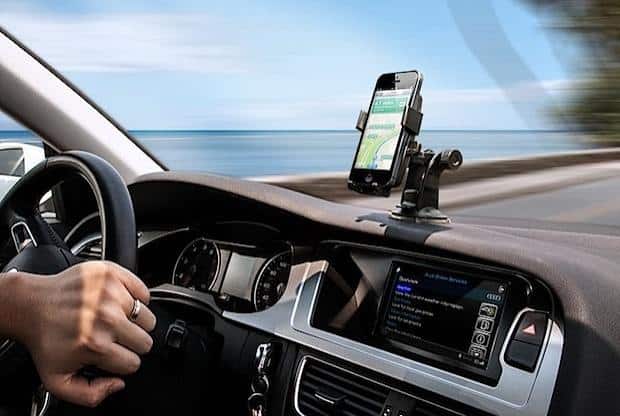
Embracing the love for upgrades, Apple Maps is gearing up to provide electric vehicle (EV) drivers with a convenient tool for locating nearby charging stations while on the move.
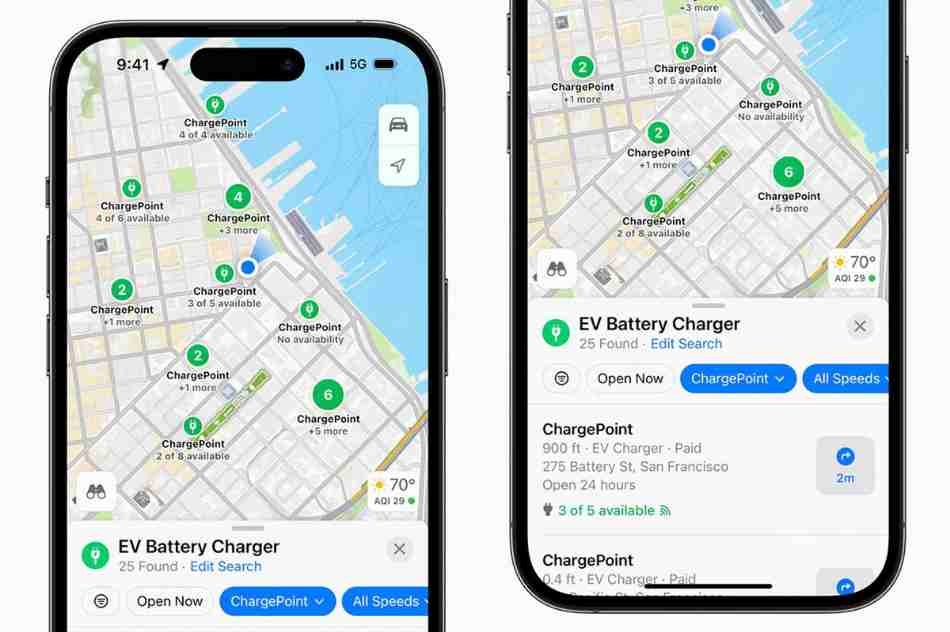
With the upcoming iOS 17 update this fall, Apple Maps is set to introduce an array of new features for the iPhone. Notably, it will provide drivers with real-time information about EV charging stations. Once installed, the app will offer drivers the ability to check live charging station availability, allowing them to filter results by charging network, plug type, and more.
Users will be prompted to select their preferred charging networks, and the app will display compatible charging options for their specific vehicle, including nearby charging stations and the number of available charging stalls, as reported by Apple Newsroom and detailed by 9to5 Mac.
This enhancement builds upon the 2020 introduction of the EV routing feature in iOS 14, which aimed to alleviate range anxiety for electric vehicle (EV) drivers. This feature monitors the current charge of the vehicle while considering driving conditions like weather and elevation to suggest charging stops along the route.
Until now, EV routing was exclusive to Ford Mustang Mach-E and Porsche Taycan owners, as reported by The Verge. However, with the iOS 17 update, Apple Maps will offer new features related to charging station availability to all users.
These convenient upgrades have the potential to address a significant hurdle in EV adoption. According to research by McKinsey & Company, charging-related issues, including charger accessibility, have been a major deterrent to switching to EVs in the US.
As the EV charging infrastructure expands to meet growing demand, having access to real-time information via Apple Maps can help EV drivers efficiently locate nearby charging stations. These improvements could save time and effort by eliminating the need to search for available charging spots.
The introduction of sought-after services like real-time EV charger information might also encourage competitors like Google Maps to develop similar features in the future. This competition could lead to the development of more helpful services for EV drivers across different platforms.


